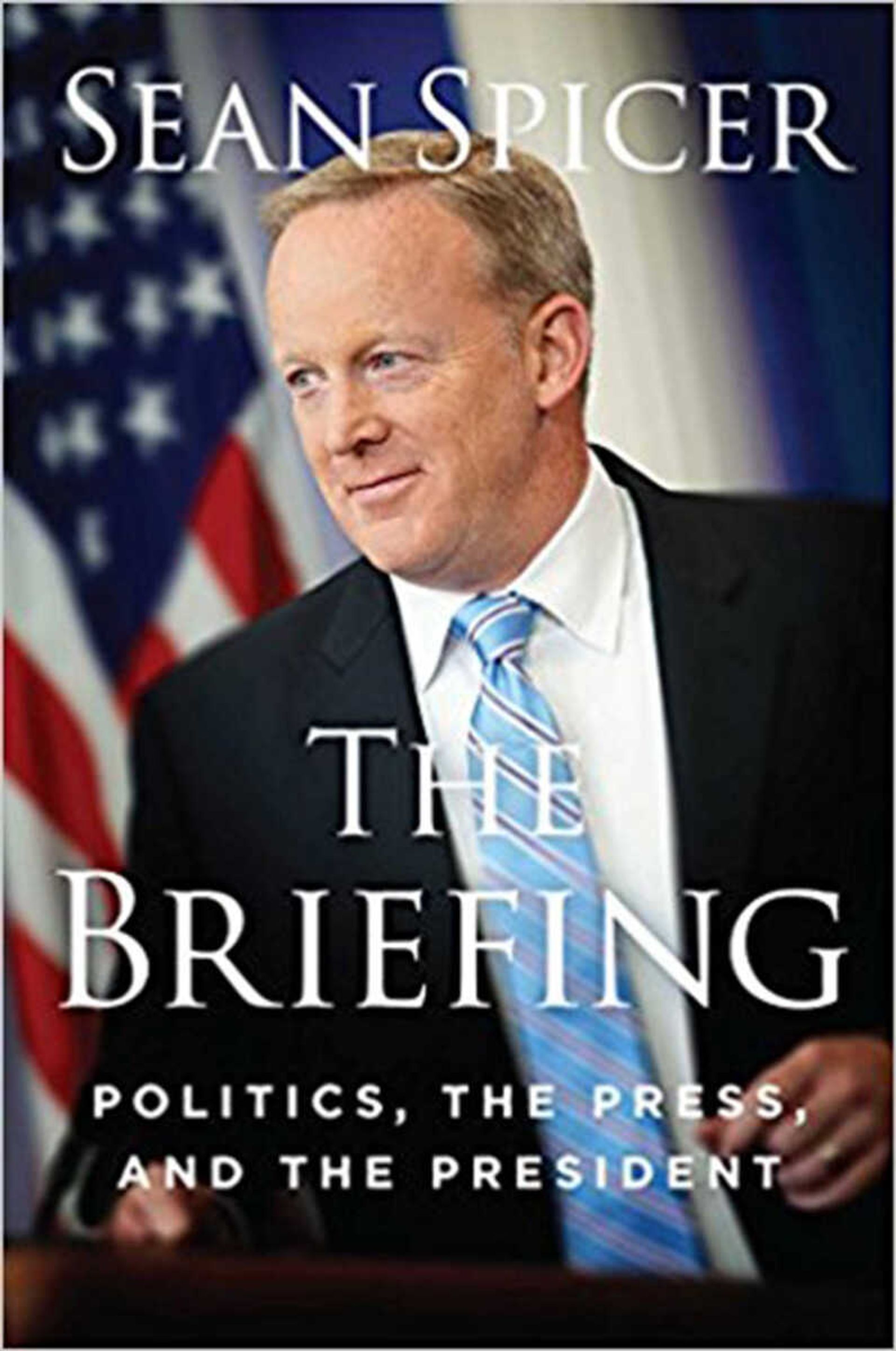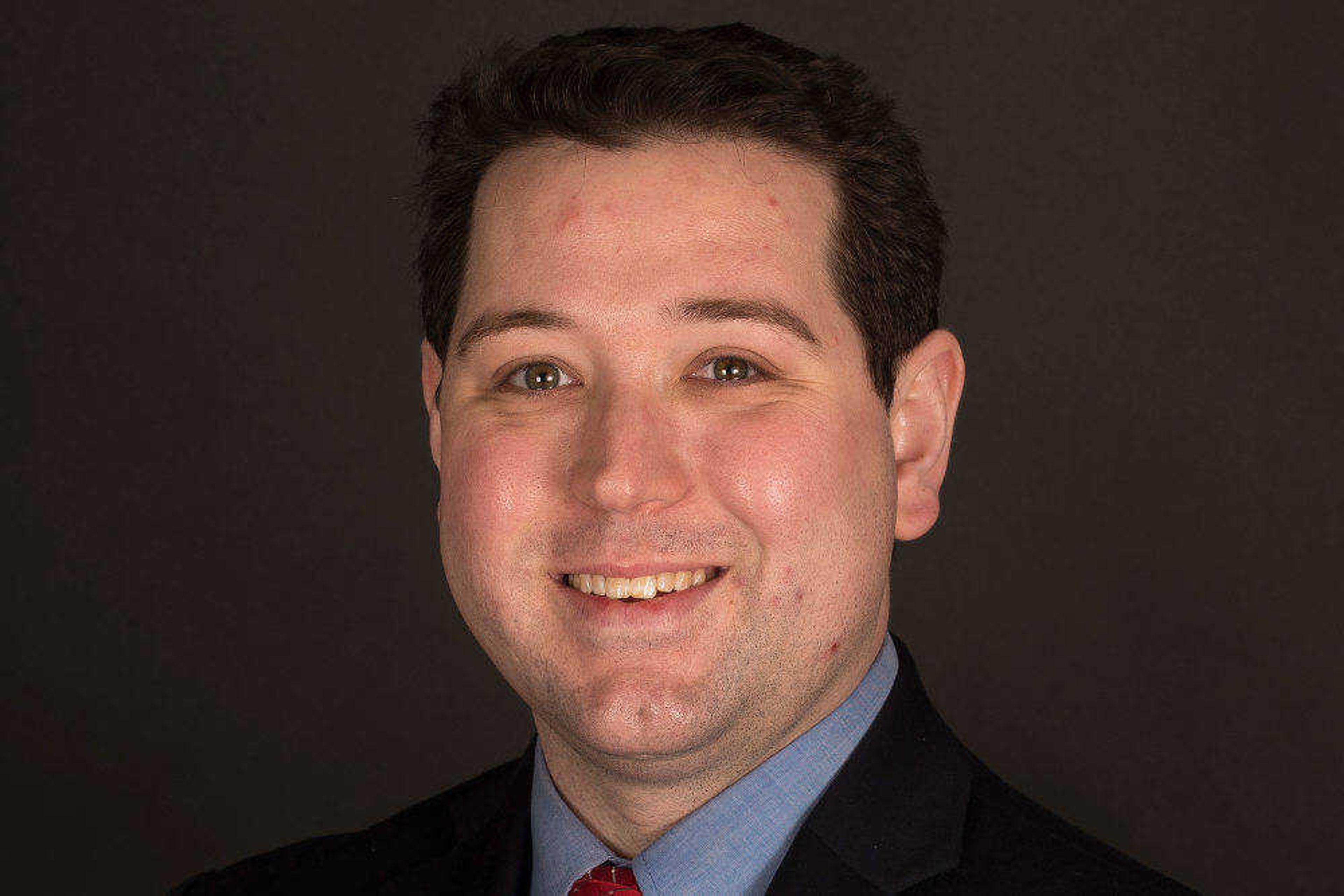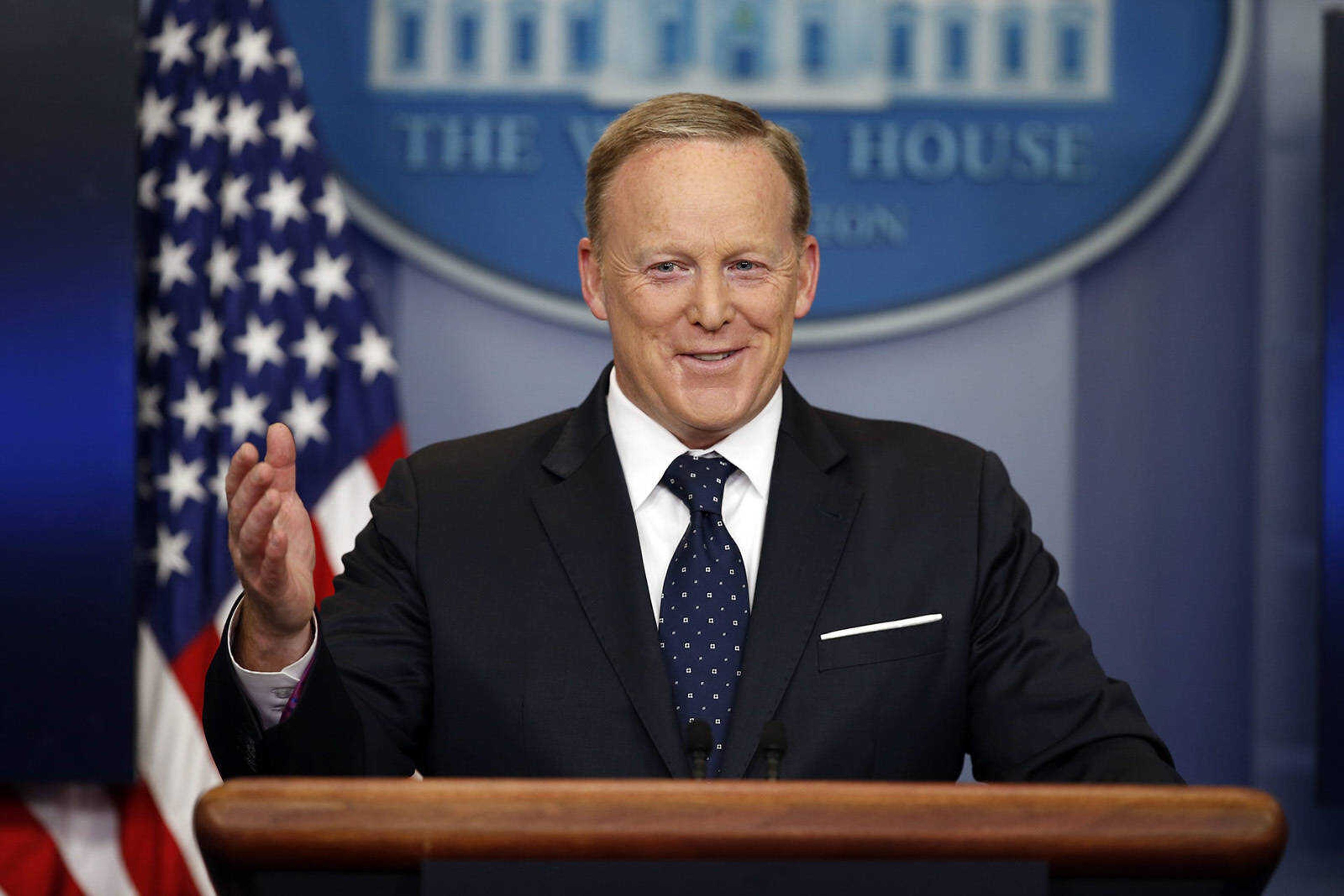Truth, grace and the benefit of local media
Former White House press secretary Sean Spicer has a new book out titled "The Briefing: Politics, the Press and the President." The book is a memoir, but shares Spicer's approach of communicating to the media. Spicer operated differently than many of his predecessors. In the book he shared several examples of how he shook up the daily press briefing...
Former White House press secretary Sean Spicer has a new book out titled "The Briefing: Politics, the Press and the President." The book is a memoir, but shares Spicer's approach of communicating to the media.
Spicer operated differently than many of his predecessors. In the book he shared several examples of how he shook up the daily press briefing.
"Tradition had it that after the press secretary made a short statement, the first question would always come from the AP White House beat reporter, then Julie Pace," Spicer wrote.

"The press secretary would usually turn deferentially to the mainstream media giants in the first row -- ABC, NBC, CBS, The Washington Post, The New York Times, Reuters and the AP -- which were, in short, the major networks, papers and wire services and then work back to where the reporters from the smaller or niche media outlets dwell. In some ways the AP reporter was in charge because by tradition it was up to that reporter to decide when to end the press briefing by saying, 'Thank you very much.'"
Spicer threw out this system in four ways. 1) Instead of starting with the Associated Press, he gave the first question to Daniel Halper of the New York Post. 2) He went beyond the media giants and provided access to regional papers, business media, ethnic media and other outlets. "I did so not out of spite but out of the recognition that even the largest media outlets were being marginalized by social media and media fragmentation," Spicer wrote. 3) When Julie Pace of the AP signaled the end of the first briefing with "Thank you very much," Spicer said, "Thank you. I'm going to keep on going." He said this was not to disrespect Julie but to signal that the press corps was not in charge of the briefing. 4) And finally, Spicer opened up four Skype seats for journalists outside Washington, D.C. "In a digital age, it made sense to use technology to widen access to the White House. There was also a deeper point to this move. The White House Correspondents Association and its members had become a comfortable guild, separated from the media pack by 19th century standards of proximity and access. There were too many print publications, online news sites and radio and TV affiliates who were being left out."
That's what brings me to this column. Local media.
While there are talented journalists at the national level, some have a vastly different worldview than those who don't live on the coasts. My guess is there are some who genuinely believe they operate in good faith and don't carry animosity. Others, I would argue, have an unabashed bias. But what I appreciated in Spicer's approach to the briefing was expanding access to more reporters, including local media. Spicer referenced a USA Today story that identified the different priority of questions by local media as compared to beltway journalists.
Local media plays a vital role in this country. It's the beat reporters who cover city councils, school boards and other public entities that make decisions with taxpayer money.
Research has shown that when local media shut their doors, government costs increase with the decline in scrutiny. It's also a check on government officials to operate truthfully and in the best interests of those who put them in office. On the flip side, the media has a responsibility to be truthful and fair. Unfortunately, some journalists don't hit the mark. Some of these individuals insert their opinion and become the story instead of reporting it fairly and accurately.
I'm proud of the work the Southeast Missourian journalists do every day. They are hard-working people who believe what they do is vital to the community and do their job with truth and grace.
I occasionally give tours to local school and professional groups. While we discuss media processes, what each department does and how we work together, my favorite part is talking about why we do what we do.
For example, on one wall in the building is the following motto: "Everything we do should be measured by the test of truth and grace." It's the motto of the Rust family (the owners of the Southeast Missourian and its parent company Rust Communications). I usually ask visitors where this idea originated. After they guess or, more often, remain silent, I tell them it comes from the Gospel of John in the Bible.
It applies across the company but most notably in news. Truth, I share with them, is about facts. We have to have facts for our stories. But facts without grace or context can be cruel.
This also applies elsewhere. When sales executives talk with clients, we must provide them with truth/facts. But it's also important to share this with grace/context.
Another wall in the building has the following: "News is about facts -- and understanding the issues of the day. News also conveys images, describes personalities and projects the vision of the communities we serve. Done well, news engages our readers with context in the world around us and gives them reasons to invest their time in our products."
It's a daily reminder of why we do what we do.
Local media plays a vital role in the communities we serve, and it's a privilege we do not take for granted.
Hopefully future journalists at the national level will follow local media's lead. Our government and society as a whole would be all the better for it.
To readers, thank you for spending time in the Southeast Missourian. We continually look for ways to serve you. If you ever have an idea for a story or another way we can better serve you, please send an email or call us.
To all the advertisers, thank you for investing your marketing dollars with us. Our commitment to you is that we will continue to look for the best opportunities to market your companies efficiently and effectively.
By subscribing, reading and advertising in local media, you make an investment in the community. Thank you.
Lucas Presson is the assistant publisher of the Southeast Missourian.
Connect with the Southeast Missourian Newsroom:
For corrections to this story or other insights for the editor, click here. To submit a letter to the editor, click here. To learn about the Southeast Missourian’s AI Policy, click here.










